If experimentally proven that gravity is classical, we will have to start from the beginning in a search for a satisfactory ontological picture of the world.
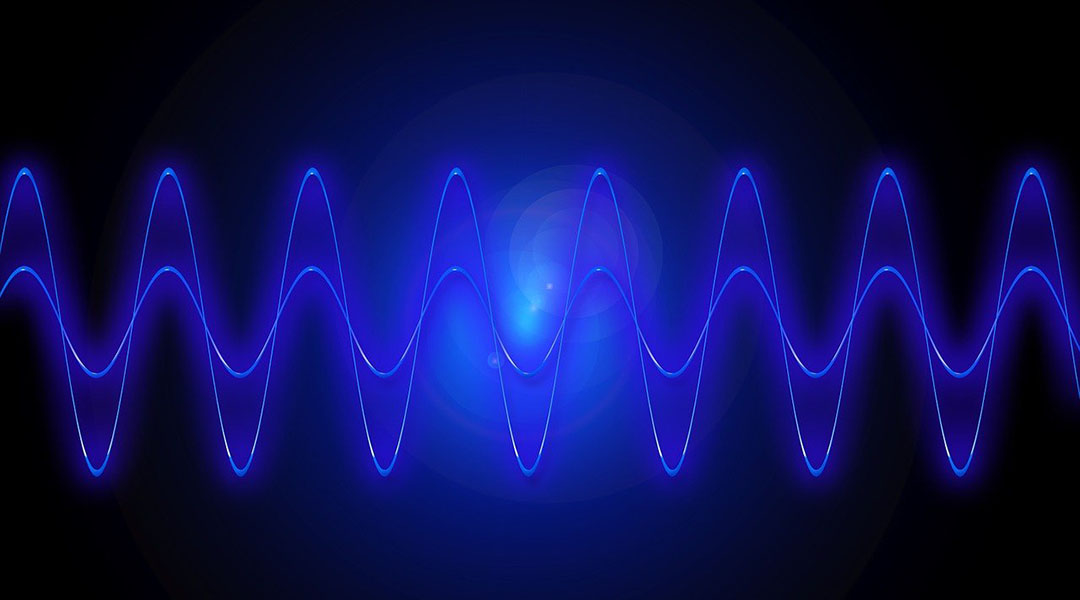

If experimentally proven that gravity is classical, we will have to start from the beginning in a search for a satisfactory ontological picture of the world.
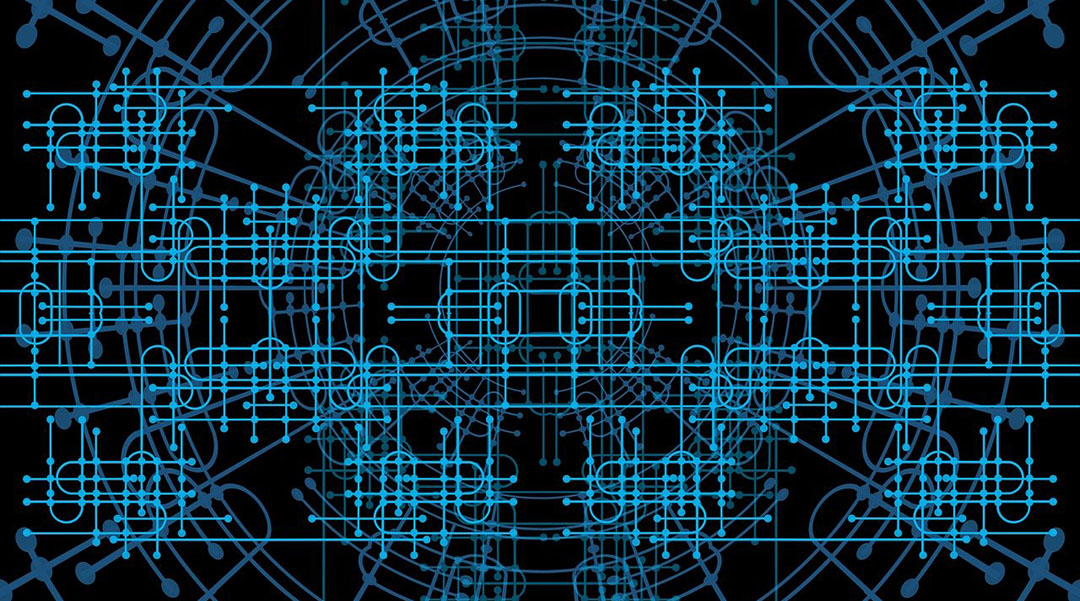
A new study targets feature selection, a key step in machine learning where the algorithm determines which parts of the input data are most relevant to making accurate predictions.
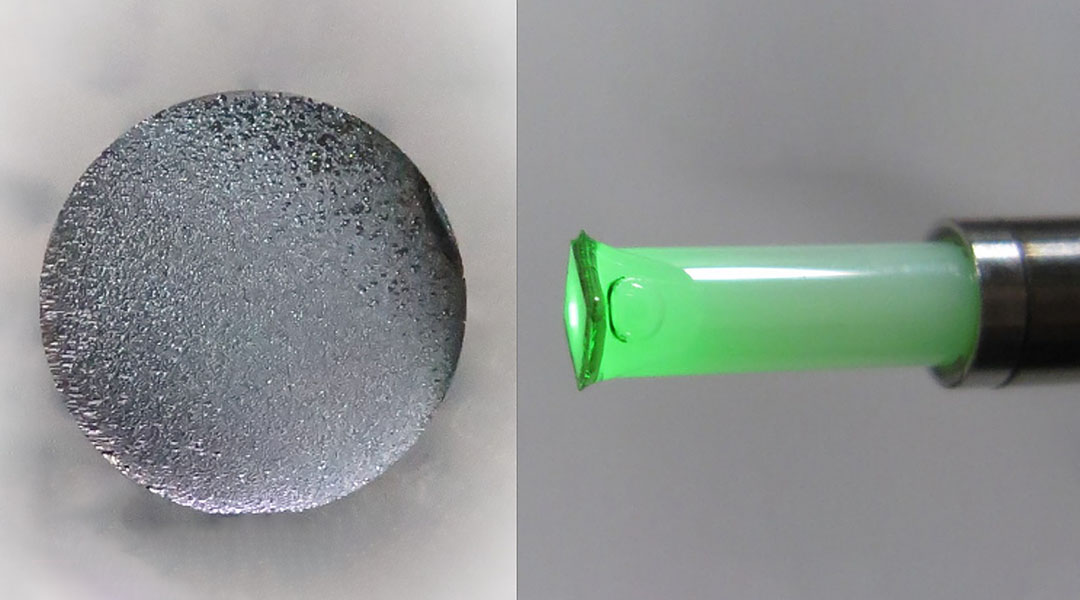
These low-cost quantum sensors detect tiny magnetic field changes and could help identify early battery issues in electric vehicles.
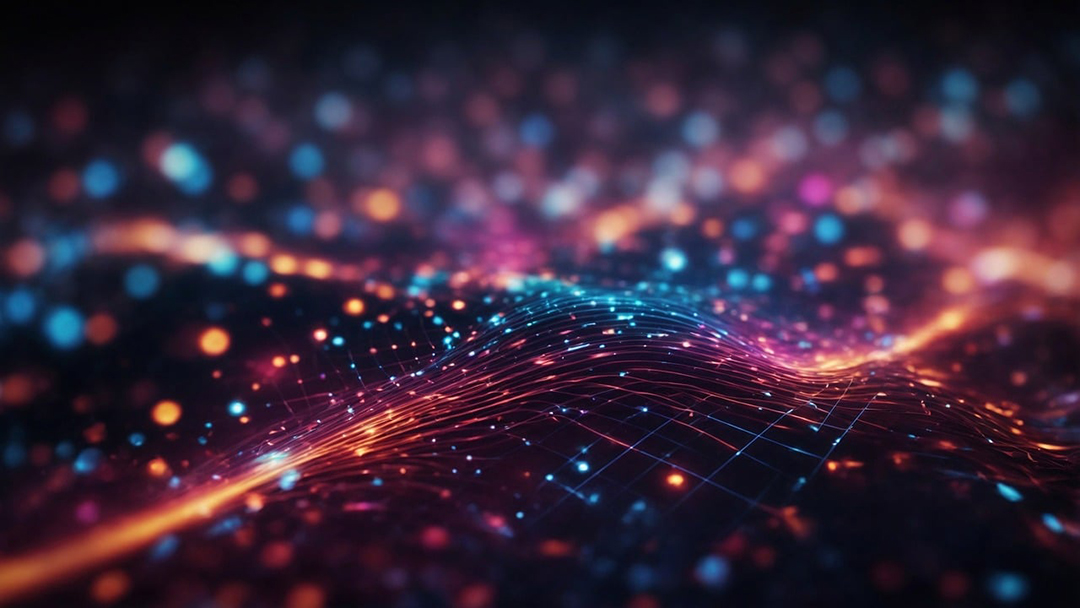
Once disruptive, phonons now improve quantum dots’ behavior, making them more reliable for quantum communication and cryptography.
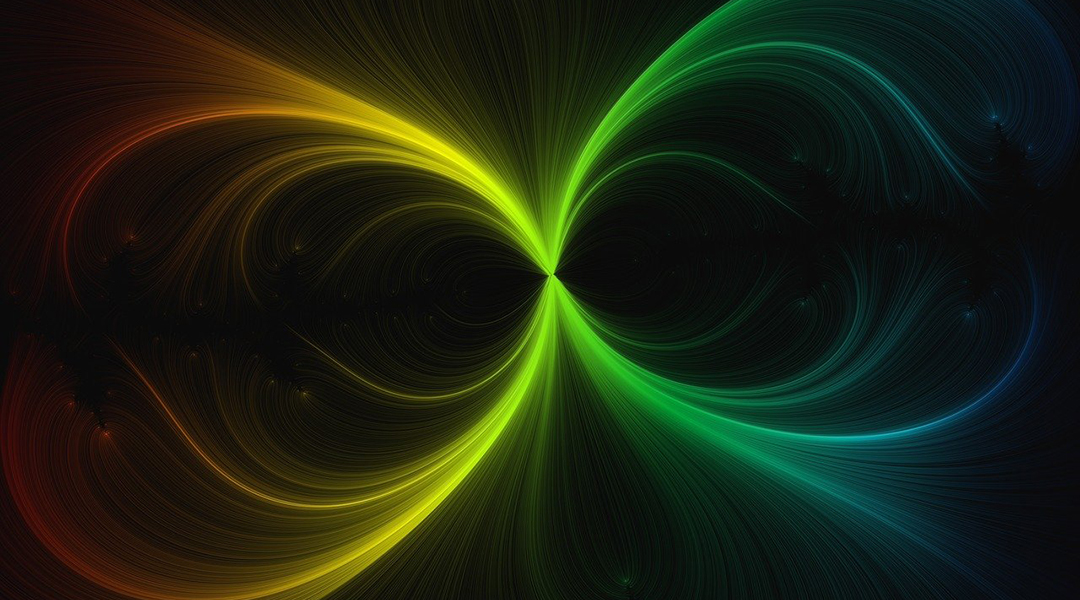
Scientists find predator-prey-like interactions in spinning particles, challenging physics and opening doors for quantum tech.

Quantum communication doesn’t necessarily need to be delayed; it might be possible to integrate it into existing fiber optic networks.
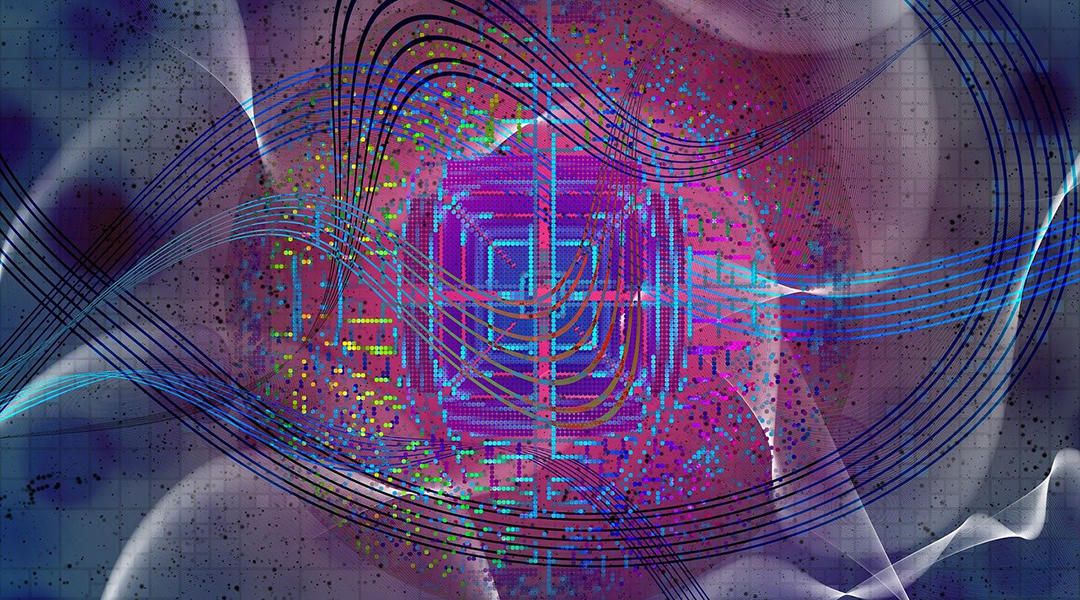
An antenna designed to create an optimized magnetic field puts electrons into the required quantum states for quantum sensing devices.
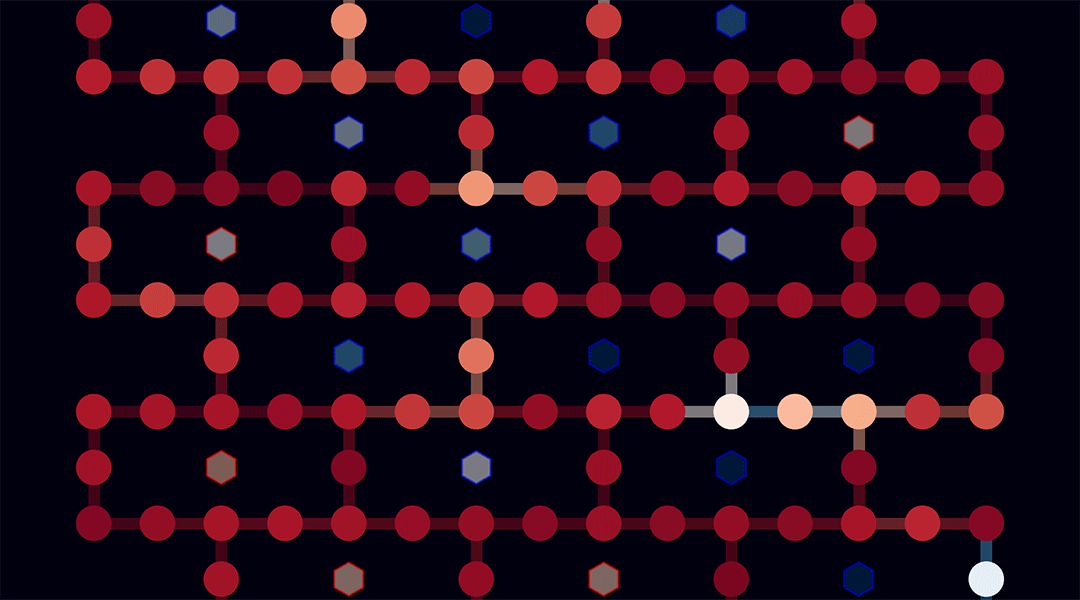
Researchers have developed a new method to benchmark quantum computers by measuring their ability to create entangled qubit states.

Scientists are using crystal imperfections to generate secure encryption, paving the way for quantum-resilient data protection.
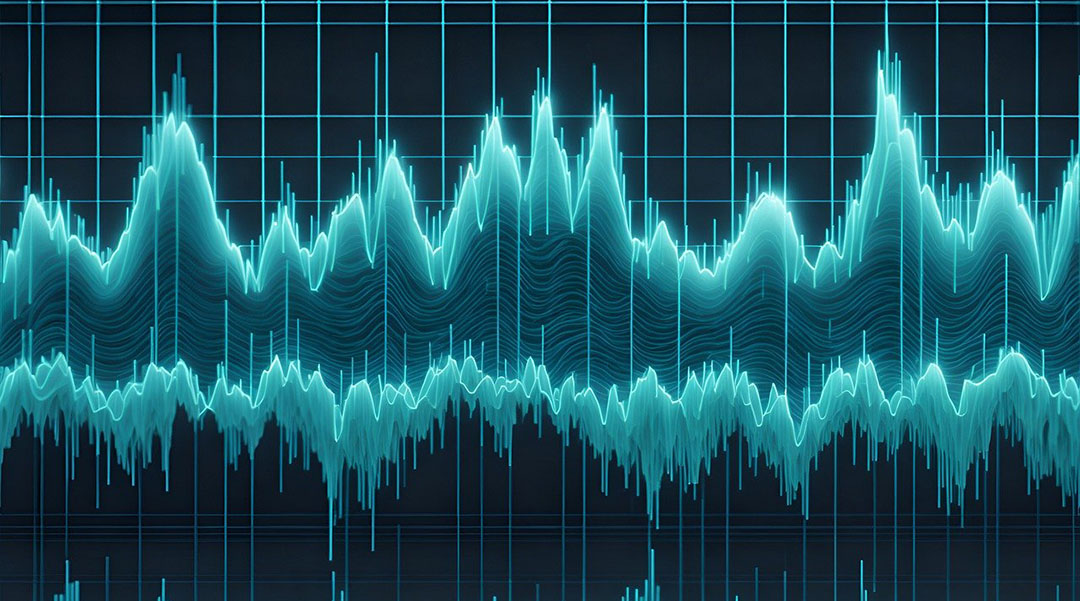
Machine learning is bringing forth the future of secure communication, swiftly identifying single photons that hold the key to quantum tech.